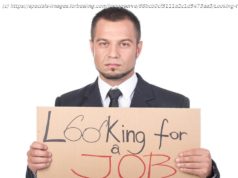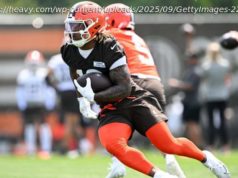The amount people pay to their state, their local government, their school districts, should not be subject to federal taxation, Rep. John Faso said.
One Republican congressman told CNBC on Thursday he may not vote for the GOP tax reform bill if it gets rid of state and local tax deductions.
On Friday, White House economic advisor Gary Cohn told Bloomberg News the popular provision that allows homeowners to deduct state and local property taxes would be gone under the current proposal .
„I would certainly not be inclined to“ vote for the legislation, Rep. John Faso, R-N.Y., said in an interview with “ Closing Bell.“
However, he noted, „It’s very early in this process because we don’t have many of the details.“
Taxpayers in New York and California would be the hardest hit if the exemptions went away.
While the nine-page tax reform framework released earlier this week doesn’t mention the deductions, Republicans have to find a way to pay for the estimated $1.5 trillion in tax cuts .
If those exemptions were allowed for the tax years 2016 through 2020, it will cost the Treasury nearly $370 billion, according to a report from the congressional Joint Committee on Taxation.
„We shouldn’t have double taxation,“ Faso said. „The amount that people pay to their state, their local government, their school districts, should not be subject to federal taxation.“
He also wants to preserve the mortgage interest and charitable deductions, he noted.
That said, he’s all for tax reform and says the tax code can still be simplified.
„It is a very complicated tax code now, with over 70,000 pages of regulations, and we should try to make it a lot simpler,“ Faso said.
When asked about adding to the deficit, Faso said, „We should be looking at a model of a tax code that spurs greater economic growth and certainly does not add to our deficit and debt because our national debt is growing at a precipitous rate.“
On Thursday, Cohn told CNBC economic growth would more than offset the reduction in corporate and personal tax rates.
— CNBC’s John Schoen and Jeff Cox contributed to this report.






